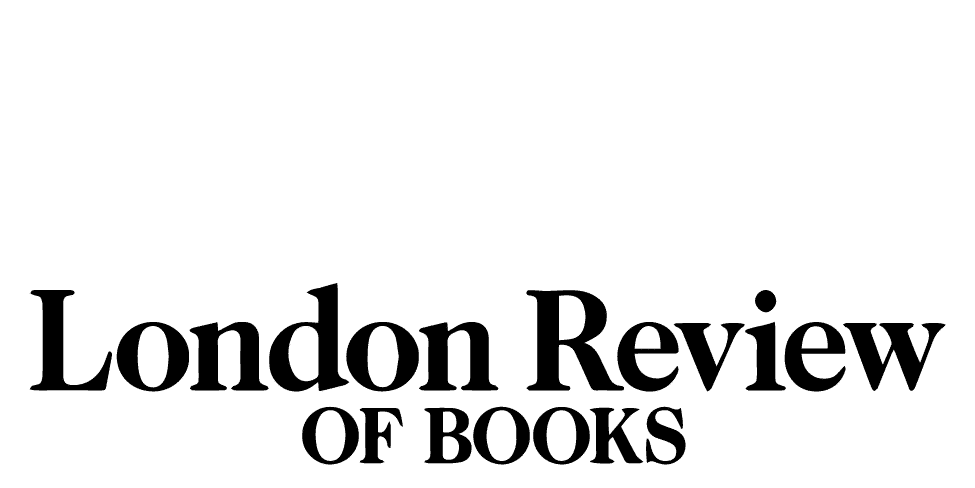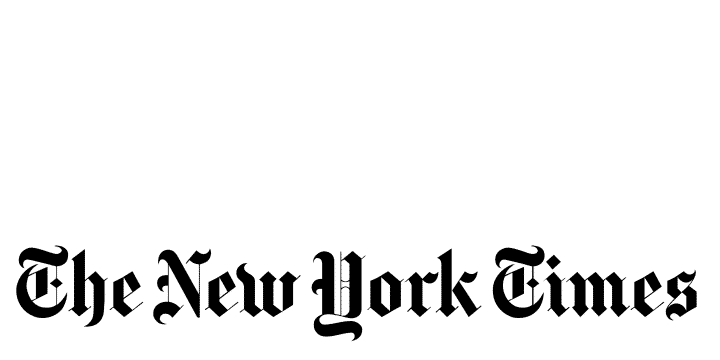What Eric Hobsbawm called the ‘short 20th century’ is supposed to have ended in 1989 with the United States winning the Cold War. Yet today America faces a powerful and assertive China, a one-party state with an official ideology it calls 21st-century Marxism, which is busy building a powerful military on the back of an economy set to become the world’s biggest in the foreseeable future. This development has shaken the assumptions that have underpinned economic and national security decision-making in Washington for the last thirty years.
The change in circumstances has been dramatic. In 2001, after years of painful negotiation, the US managed China’s accession to the recently established World Trade Organisation, which sets the world’s trading rules. With this, the WTO became a truly global organisation, incorporating the vast majority of the world’s population. The hope, as expressed by President Bush’s trade representative Bob Zoellick, was that China would become a responsible stakeholder in the global system. Twenty years later, it is the second largest national economy in the world. The US and China are deeply interconnected through trade and investment. Yet they are locked in a conflict which, according to President Trump, may yet result in a complete ‘uncoupling’ of the two economies. The Trump administration, meanwhile, is doing its best to sabotage the WTO, in large part because it has failed to tame China’s rise.
Read the full article at London Review of Books


